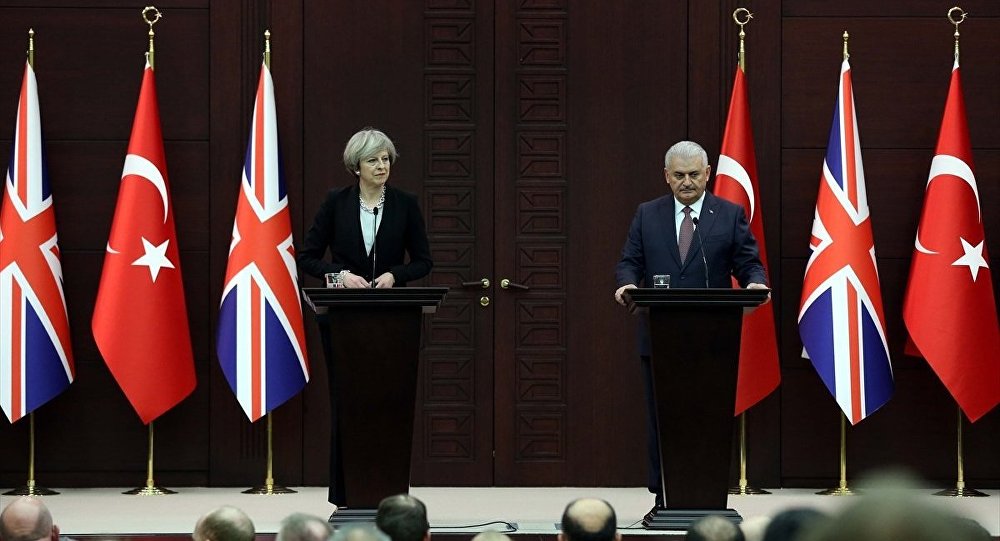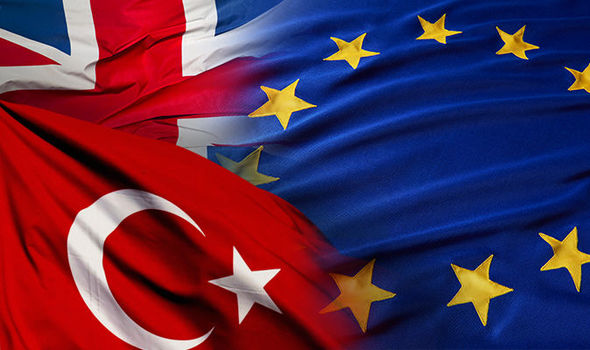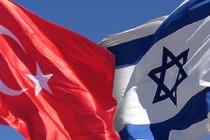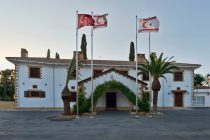After a shocking loss of their parliamentary majority for the Conservative Party, the prospect of the United Kingdom pursuing a Hard Brexit from the European Union where Britain would pull out of the Single Market appears fleeting. The ever more likely impending Soft Brexit may lighten the load for future British negotiators trying to strike a new deal with Brussels; it could also create compromise and consensus among Leavers and Remainers. Alternatively, it may not go far enough to please either side, only time will tell.
But aside from whether Britain will remain part of some EU institutions or not, another critical issue to discuss is what the UK’s attitude towards our European and other global partners should be. Will it be inward or outward-looking, national or international, or perhaps a bit of both? It is here, where I think Turkey could serve in some ways as a model for Brexit Britain.
A year ago, former Foreign Secretary William Hague, now Lord Hague, wrote a thoughtful article in The Telegraph reflecting on Turkey’s relationship with the EU and how a similar arrangement might in turn offer a suitable template for a sceptical Britain in the event of a Remain vote:
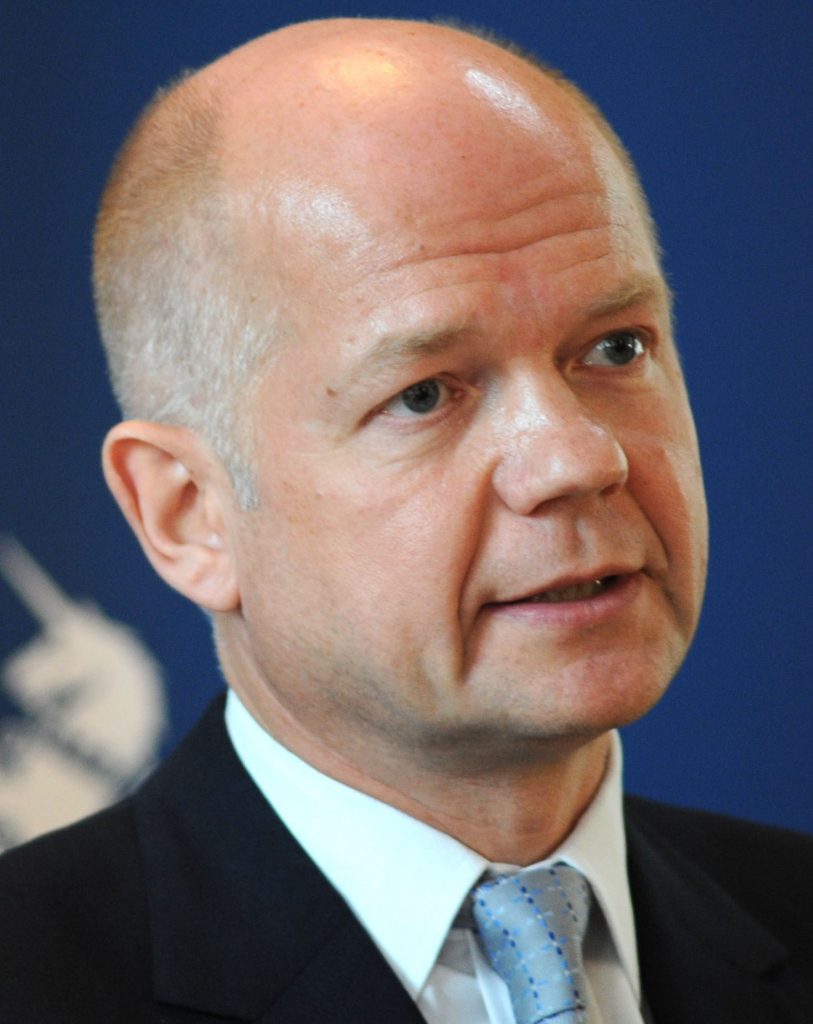
“The EU does not have associate membership, and would be frightened to create it. But as the 21st-century develops it is increasingly clear that the future of Europe is two-tier: the Eurozone needs tighter integration if it is to survive, while other nations, including the UK if we vote to remain in, will be happier in an outer tier, opting into some things and out of others.”
We will now never know whether Lord Hague made the right call on the specifics or not, but his very practical suggestions reveal something far more telling.
Hague had argued for a two-tier Europe, a more closely integrated Eurozone and a looser outer shell for more cautious countries like Britain and perhaps ultimately Turkey. More suitably tailored and balanced partnerships with Brussels for London and Ankara could indeed have been beneficial for all involved, strengthening Turkey’s ties to Europe and discouraging its current alienation at a time when Ankara remains a critical partner in addressing the issues of our time. Simultaneously, this could have eased British concerns about ceding sovereignty to Brussels and Strasbourg while affording the EU Britain’s full support financial and other, for initiatives that London was willing to opt into.
But beyond these practicalities, the implications behind Lord Hague’s proposals are far more telling. They show that Turkey and Britain share similar national outlooks, seeing themselves as having wider global vocations. As a British observer, when I look at a map of Europe, Turkey, at the edges of the continent like Britain, is in some ways the country that most resembles my own.
Lord Hague: “the future of Europe is two-tier: the UK will be happier in an outer tier, opting into some things and out of others.”
When considering these countries’ locations, histories and interaction with the world around them, we can see why their perspectives ought to be different than those at the centre of Europe. Britain is a maritime nation tied by language and law through the Commonwealth to every continent. Turkey, the three-sided piece of the Eurasian jigsaw puzzle, is Britain’s land-based counterpart, linked to three significant surrounding regions: Europe, the Middle East and the Caucasus.
Owing in part to its confident and multi-faceted identity ties, it is an indispensable partner to the West, a critical player in the Middle East, and a link to the Caucasus and Central Asia supplying Europe with fuel. Indeed, in seeking to become a “little America” as the Turkish statesman Nihat Erim put it in 1949, Turkey identified with the liberal-democratic, capitalist world during the Cold War, stood shoulder-to-shoulder with the West in Korea and was admitted to NATO in 1952 and remains an active member. The country built on this later, by joining a customs union with the EU in 1995, and today European countries (including Britain) are among Turkey’s biggest trading partners in spite of the recent diplomatic spats between the two sides.
Part of the Organisation of Islamic Cooperation since 1969, Turkey is also deeply engaged in the affairs of the Muslim-majority world. It hosts around 3 million refugees from Syria, Iraq and Afghanistan, while trying to bolster the fragile ceasefire it had helped broker between the Assad Regime and certain rebel groups in the Syrian conflict.
What’s more, Turkey remains active elsewhere in the Middle East, making efforts to mediate between the Gulf States amid the current crisis as Ankara swiftly contacted regional leaders to encourage dialogue and reconciliation after Saudi Arabia, Bahrain, Egypt and the United Arab Emirates severed ties with Qatar.

Importantly too, also referencing common Turkic ties with the slogan “Two States, One Nation” while working with Azerbaijan on the continuing Trans Anatolian Pipeline energy project, Turkey has expressed its bonds to the wider Turkic world just as clearly. Looking further in that direction, Ankara has made overtures towards joining the Eurasian economic and security regional block the Shanghai Cooperation Organisation or SCO, which, presently comprising Russia, China and the Central Asian States, will admit India and Pakistan later this year.
“Turkey’s global links and vocation should also be true of Britain”
In this way, what is true of Turkey’s global links and vocation should also be true of Britain. It is often the case that countries’ national identities and ideals precipitate or at least impact their foreign engagements. Turkey, by virtue of its heritage, culture, geography and the relations that these have helped it to build and sustain, continues to be deeply involved by co-operating with friends and partners in the affairs of every region in its neighbourhood, not limited to but including Europe.
As Britain strikes a new relationship with the EU and looks to old friends and new markets in the wider world, Turkey could prove, in a similar way to that described by Lord Hague last year, to be a rather useful template to follow.
Main photo: Turkish Prime Minister Binali Yıldırım with British PM Theresa May, Çankaya Köşkü, Ankara, 28 Jan. 2017. Photo by AA / Utku Uçrak


